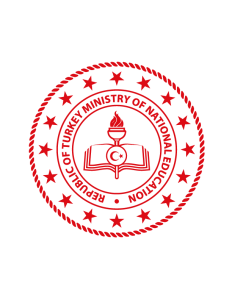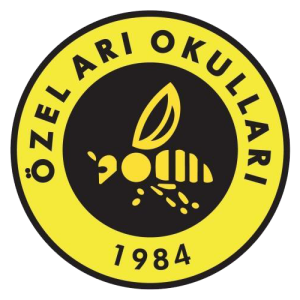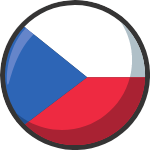 Czech Republic
Czech Republic

The Charles University in Prague represents the largest education institution in the Czech Republic. It actively engages in international cooperation and promotes them within the framework of ERASMUS programmes. The Faculty of Education has teachers study programmes focussing on different areas inclusive of STEM education and the integration of STEM subjects is for it a current challenge within the Czech educational system. For this reason, Charles University caters to the smooth implementation of ICSE Academy in the Czech Republic, as well as using their networking experience in domestic and international levels.
Associated key actor (educational authority, network)
Cabinet of Science Education of National Pedagogical Institute, Prague

The National Pedagogical Institute of the Czech Republic (NPI CR) is run directly by the Ministry of Education, Youth, and Sports, and prepares strategies for further development of general, vocational, art and linguistic education, continuing teachers education and the area of pedagogical-psychological, educational and career counselling together with the Ministry. Fourteen regional centres provide support to teachers, trainers and schools.
Model schools
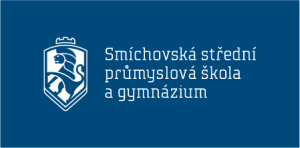
The Smíchov Secondary Industrial School and Gymnasium offers three classes in Information Technology in each year, one Cyber Security class in pilot mode and a new Gymnasium class focused on STEM. The school educates 647 students in the 2020/2021 school year, with a 99.5% occupancy rate. For this school year, the school received 612 applications for study, so it had a fourfold overflow of applicants for all the courses offered. This was the highest number of applications of all secondary schools in the Czech Republic that offer four-year diploma courses, including the most prestigious grammar schools.
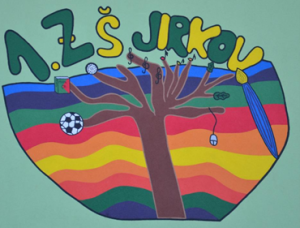
The 1st Secondary School in Jirkov, Budovatelů is school urban type, fully organized, consisting of three pavilions – school, canteen, gymnasium and a separate building of the school’s kindergarten, which has three departments for pupils and three service apartments. It is located near the town centre, close to the square and the bus station. It has 30 classrooms – 10 of which are special, 2 gymnasiums, one library and 18 classrooms. In addition to the specialist classrooms biology and physics, the school has two language classrooms, a training flat, a school workshop, a art classroom with a ceramic kiln, a chemistry laboratory, a school grounds and a gym. The pupils use 2 gymnasiums for physical activities and outdoor playground with asphalt and plastic surface.
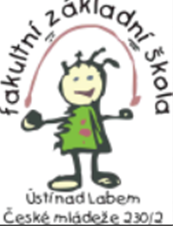
Faculty primary and secondary school in Ústí nad Labem, České Mládeže street Nr. 230/2
The Faculty primary and secondary school is attended by 480 pupils and is taught by 32 teachers with the help of 5 teaching assistants, all pupils are taught according to the School Educational Programme for Primary Education Creative School. As part of the EU OPVC project “Money for Schools”, all classrooms were equipped with computers, data projectors and new blackboards. The school supports children’s extra-curricular activities and every year at the beginning of the school year we offer a range of extra-curricular clubs for children, such as sports, floorball, recorder and ceramics. The school is also successfully involved in international Comenius and Erasmus+ projects.
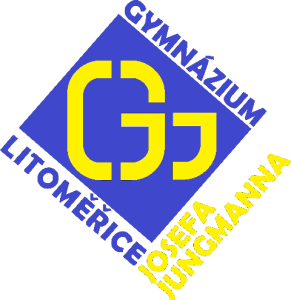
Josef Jungmann´s Gymnasium in Litoměřice
The Josef Jungmann´s Gymnasium is a school that respects tradition and is open to new trends and teaching methods. We are a school that is welcoming and partnering with parents, and where there are good relationships between teachers and pupils and between teachers and pupils with each other. It is a faculty school of the Faculty of Science and Faculty of Arts of the UJEP in Ústí nad Labem. It profiles itself as a school with a traditional mission of preparing pupils for higher education, as a school where values defined by teachers and pupils are shared, and as a school that is open to new trends and teaching methods. The school has six newly renovated professional classrooms including laboratories (biology, chemistry, physics laboratories). Most of the classrooms are equipped with data projectors. The reconstruction of ICT classrooms, library, language classroom, VV classroom and the garden of the gymnasium is planned.
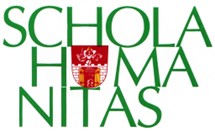
Ukrajinská 379, Horní Litvínov, 436 01 Litvínov
The Secondary Vocational School for Environmental Protection and Restoration – Schola Humanitas provides an education comparable in content to a gymnasium, but with better material equipment and realistically greater chances for employment immediately after its completion. We profile ourselves as a science school specializing in the field of ecology. By completing it, students are fully prepared for university studies in various fields. The Schola Humanitas is the oldest school of its type in the Czech Republic. It offers modern interactive education in a friendly family environment (max. 22 pupils in a class). The teaching of professional subjects in laboratories with the latest equipment is complemented by activities in the field, where the student gets to know the direct application of his theoretical knowledge. Part of the matriculation exam is the optional development of a professional matriculation thesis and its defense, which is an invaluable experience for students when writing future bachelor’s and diploma theses. We can support the student’s interest, whether through experience in Open Science internships, or participation in the High School Vocational Activity, where we have already recorded several nationwide successes.
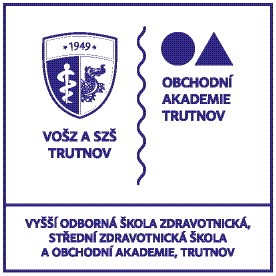
The Medical School for Nurses and Business Academy was established on 1 July 2018 by merging two separate institutions, a higher and secondary medical school and a business academy, both located in Trutnov. More than 70 – year tradition of both schools, their excellent reputation, high quality education in vocational courses and above all the outstanding position of their students on the job market are crucial for further development of the newly established school. The school employs 56 teachers and it currently holds 520 students. The medical school focuses on courses for paramedics and caters for social demands. It offers lifelong education in the fields of healthcare and social activity to all age groups. The higher medical school and the secondary medical school provide education in four-year secondary level courses and one three-year higher education course.
 Austria
Austria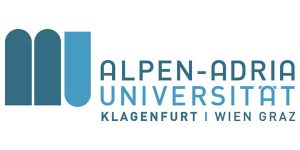 Alpen-Adria Universität
Alpen-Adria Universität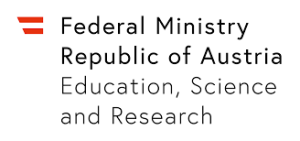 Federal Ministry Republic of Austria
Federal Ministry Republic of Austria![]()



 Czech Republic
Czech Republic





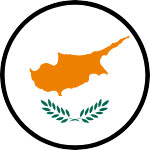 Cypros
Cypros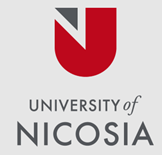 University of Nicosia
University of Nicosia Germany
Germany Greece
Greece Lithuania
Lithuania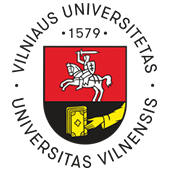
 Malta
Malta Netherlands
Netherlands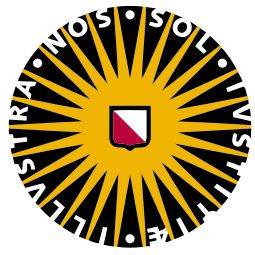 Utrecht University
Utrecht University Norway
Norway
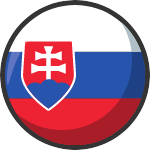 Slovakia
Slovakia
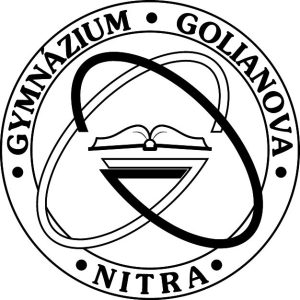
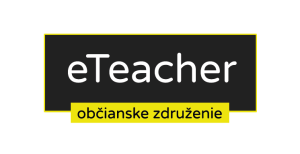

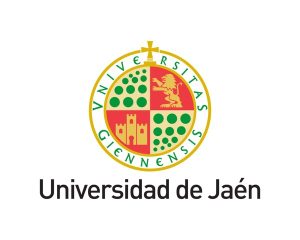 Universidad de Jaén
Universidad de Jaén Sweden
Sweden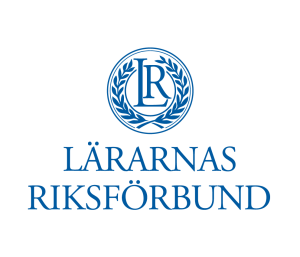 The National Union of Teachers in Sweden
The National Union of Teachers in Sweden Turkey
Turkey